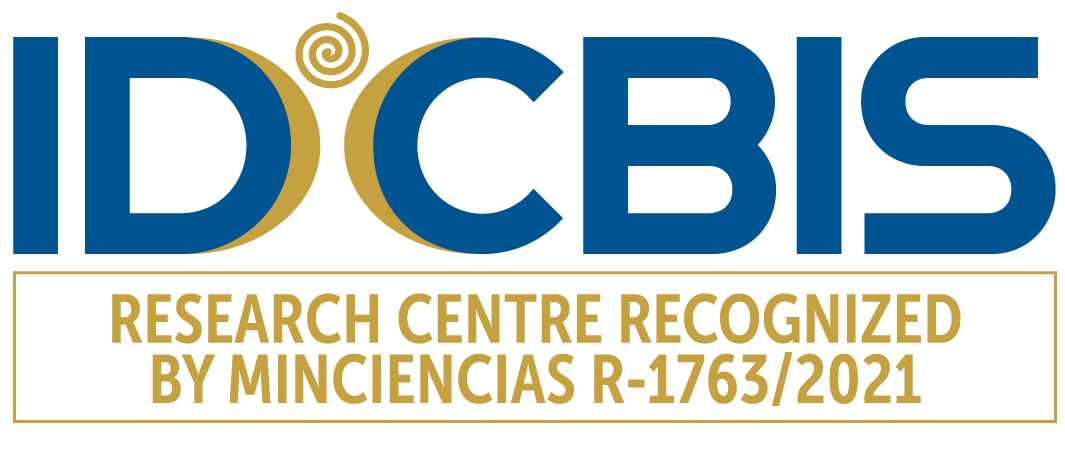First 20 transplants with umbilical cord blood cells donated by Colombian mothers to IDCBIS's Public Cord Blood Bank

The twentieth unit of umbilical cord blood cells obtained and processed by the Public Cord Blood Bank IDCBIS was transplanted. A new opportunity for a pediatric patient with a severe blood disease in Bogota. This process was carried out thanks to voluntary and altruistic donations from Colombian mothers since 2014 in the capital.
The Public Cord Blood Bank IDCBIS, linked to the Health Sector of the Capital District, has been in charge of selecting donors, as well as collecting, processing, analyzing, storing, typing and distributing hematopoietic progenitor cells in umbilical cord blood units; which are used for the treatment of different diseases that affect the blood, immune system, metabolism or bone marrow; especially in minor patients.
One of the cases was that of Maryuris, a nine-year-old girl from Barranquilla who recovered from medullary aplasia (a condition in which the bone marrow stops producing hematopoietic progenitor cells totally or partially, affecting the production of blood components), at a major pediatric hospital in Bogotá, thanks to a transplant performed with umbilical cord blood cells in 2017, shortly after a life-threatening diagnosis by the treating medical team.
You may be interested in: Research Team of the Public Cord Blood Bank IDCBIS makes important publication in the Scientific Journal Human Immunology
Maternal umbilical cord blood contains cells capable of producing blood components, these are called hematopoietic progenitor cells, which, when transplanted into a patient with a serious blood disease, can generate new blood components. A process similar to sowing a seed capable of creating new plants.
Once the donated cord blood cells are stored and cryopreserved, the amount of hematopoietic progenitor cells in each unit is identified. Eight out of ten units do not have the necessary amount of cells to be used for transplantation.
Since 2014, IDCBIS has collected more than 9300 cord blood units, of which more than 1600 have been made available for transplantation. 20 units of cord blood cells have been a hope for relatives of patients in pediatric units in the country.





